This conversation is part of a series of interviews with various brothers and teachers, including many fellow writers, all of which are part of the body of work surrounding my book-length memoir An Ordinary Disaster—one man's proof that we can all learn to listen to ourselves, and to act upon the inner voice of our self, our sanity and our soul.
Today I'm talking with my friend James Brown. James and I met through the Battery here in San Francisco where we have both served as Creatives in Residence and produced events together. After an early career in advertising, he became a meditation teacher years ago and has taught thousands of people to meditate and worked with a diverse range of global companies including Summit Series, Salesforce, TRX, and BBDO. His practice is called Vedic Path Meditation.
James is someone that I've learned a lot from, a man that I love and respect and that I continue to want to get to know more deeply, all of which is why I've invited him to be with us here today.
As you listen, you might scan the questions at the bottom of this page—or at least consider just one, which is—what does “Flow” mean to you, how do you get into flow, and how is it integrated into you everyday life? I'd love to hear from you after you listen — please subscribe, like, recommend, share, and comment at the bottom of this page.
If you’d like to listen to this show in your favorite podcast app, just paste in this URL to add the show https://api.substack.com/feed/podcast/25958.rss — further instructions are here.
Show Notes
How “flow” has been seized by “peak experience chasers” and how what Csikszentmihalyi was getting at, and what many more of us can benefit from is what James calls Everyday Flow. “Flow isn't necessarily about the experience you're having, it's about the state of consciousness you’re in…” Little moments of presence. That said, there are some ways of doing that can make flow more available.
Some of us are drawn to extremes… But why? Can you feel that alive when your life is not at risk? We can get into flow through very gentle experiences as well—and things like backpacking, for example, can also take us to extremes of being without taking us to extremes of doing.
Meditation is about getting to that experience of engagement and presence. “Can the aperture remain open when the situation of the moment doesn't demand that it be open?”
What is Vedic meditation? “…it's a way of being in meditation, not a way of doing meditation.” The Beatles didn’t write “Let it Go,” they wrote “Let it Be.” It’s more about allowing as opposed to concentration. “Go” implies gone. It’s more about letting thoughts flow, or letting things be.
Meditation and intuition. Athleticism and intuition. A coalescing of the five senses into a greater knowing, a sixth sense of what feels right. Making yourself available to the layer of consciousness from which creativity and insight flow. You have to stop thinking about the problem to be available to the solution. “…intention is important, but it can only take you to a place from which you can let go of intention.”
How intuition can speak through the body, in words, and also sometimes as a voice that we hear—and how intuition led him to adopt their second son. His father was an alcoholic and not present until later in life—which led James to want to become a father. He was clear on that—and for him, it was very intentional. And, still, impossible to prepare for.
How we only get to live one life, the beauty and the tragedy of that, and the power of acknowledging what we lose as we go through junctures in life—and of giving things up intentionally. “How do you actually know that you love the things you love unless you are willing to let them go for a while?” “I have loved giving up some of the things that I have loved.”
…like alcohol. He likes the taste experience of a cocktail, but no longer enjoys the feeling. It used to feel alive, and now it feels dull.
Freedom, and “the difference between the freedom to choose and the freedom of not having to choose.”
Discipline—moving from negativity and anti-everything to some opening around discipline. “The root of discipline is disciple. … the question really isn't like how disciplined are you, meaning how much willpower do you have, how much determination? The bigger question is: what are you a disciple to?” What are your values? This requires a personal philosophy—a way of living.
Many of us reject “discipline” because it feels like part of old-school, traditional masculinity—and we don’t have to buy into that. That said, there are inertial barriers that can “stand in between you and the person that you actually want to be. And that can require a conscious application of intention.”
Masculinity… not fitting in with ‘the guys',’ and so “my idea of what it meant to be a man was really in the context of my relationship with the women.” Being put off by the idea of “mens work” at first, and then realizing that that meant that there was something there for him. Mens work helps us to develop our sense of identity in relation to other men, so that it is no longer only in relation to women. Physicality, but also openness, generosity. “It's when we let go of the desire to fill out a certain costume that we can really find what it means to be a man, for us.” The search for some sort of exterior definition of “masculinity” is mostly a false search. It's about becoming the person that you are. “That question of masculinity starts to slip away. It's just sort of personality.”
You can find James at Vedic Path Meditation.
New here? Please make sure that you’re signed up—and remember, paying subscribers get buttons!
Dig this? Please share with someone else who will too.
Further reading
You might enjoy some of my other writing on the subjects of flow, sports, spirituality, discipline, masculinity, and fatherhood, especially Adventure Doesn’t Happen By Accident (above adventure and flow), The Man Pays (about not becoming a father), The Last Time (about extreme sports and closing chapters consciously), and Episode 4 with T Callahan on Discipline, Safety and Freedom. I also mentioned Kim Stanley Robinson’s book The High Sierra: A Love Story, and James mentioned The Comfort Crisis. You should also check out Grayson Perry on Youtube… and, speaking of flow, I first heard the term from
, who you can now find here on Substack with his .Please stick around — I’ve got some questions for you…
What does “Flow” mean to you, how do you get into flow, and how is it integrated into you everyday life?
Do you find yourself drawn to extremes of behavior, or have you been more satisfied without going to the edges so overly?
Are you a mediator? What method(s) do you use and how do you find that they affect your life in general?
What are you a disciple to? What are your values?
Are you a father? How did you decide, or end up as a parent, or not? Is what happened anything like what you wanted, planned, or expected?
How does your own identity relate to your gender?





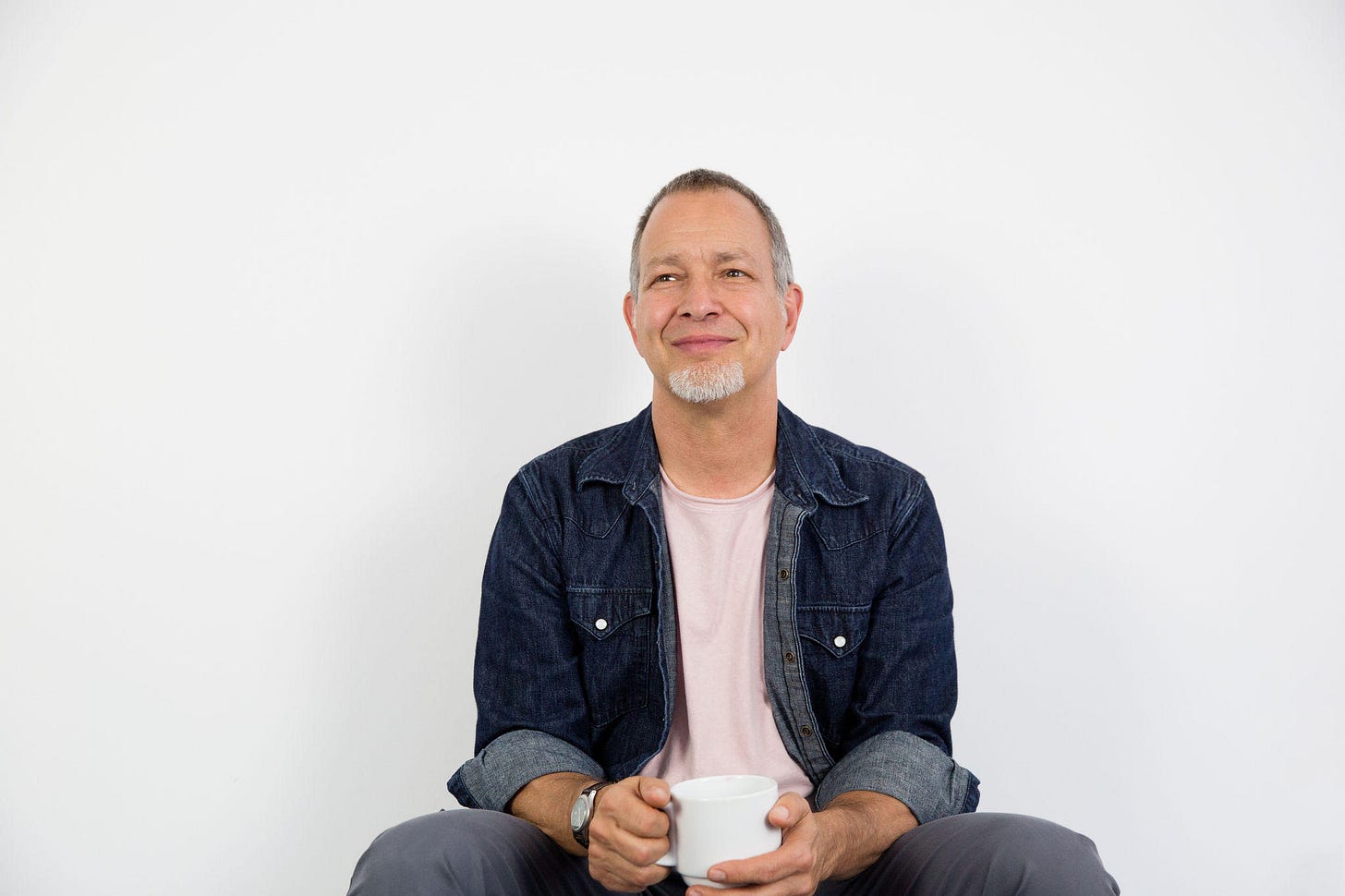




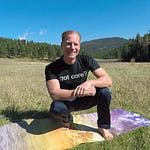




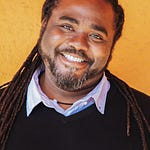
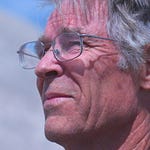
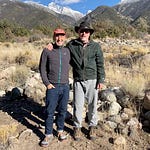
Share this post